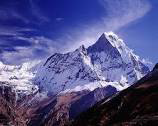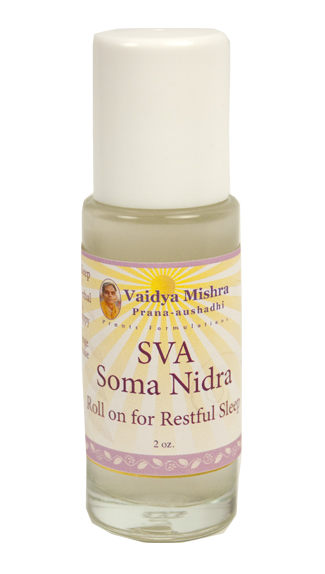“Dear Vaidya: hope you are doing well. […]What effect does altitude have on our daily health? I have recently moved to Flagstaff, Arizona, which is at 7000 ft above sea level. It feels so much lighter up here! Are there any transitions that take place when one relocates to a high altitude? If so, what can one do to assure good health through this transition? Also are there any benefits or concerns one should have in a relatively high altitude environment?
Thank you for your ever-flowing knowledge, and your open heart,
Aaron S.”
Dear Aaron: it is well known, in modern science, that altitudes above approximately 5000 feet have a definite effect on the human physiology. With higher altitudes, the atmospheric pressure decreases, and this in turn affects an individual’s intake of oxygen. Medicine lists ailments such as “altitude sickness,” or “high altitude pulmonary edema,” or “high altitude cerebral edema” as resulting from residing at higher altitudes. In general, when on resides at higher altitudes, the body has to work a little extra hard – breathing is faster and heart rate increases in order to supply enough oxygen to the physiology – since the higher the altitude the less readily available oxygen is. In this sense, higher altitudes add extra pressure on the physiology.
such as “altitude sickness,” or “high altitude pulmonary edema,” or “high altitude cerebral edema” as resulting from residing at higher altitudes. In general, when on resides at higher altitudes, the body has to work a little extra hard – breathing is faster and heart rate increases in order to supply enough oxygen to the physiology – since the higher the altitude the less readily available oxygen is. In this sense, higher altitudes add extra pressure on the physiology.
I myself lived in Colorado Springs for 6 years – Colorado Springs is at an altitude of 6000 feet. I have been to Flagstaff Arizona as well. What I have observed, practically, is that the different members of my family, based on their individual body types, had different experiences, based on how old each one was as well.
altitude of 6000 feet. I have been to Flagstaff Arizona as well. What I have observed, practically, is that the different members of my family, based on their individual body types, had different experiences, based on how old each one was as well.
In general, according to ayurvedic precepts, higher atmospheric pressure and a thinner layer of oxygen will aggravate Vata. So Vata type individuals, as well pitta-vata type individuals, will tend to feel the altitude increase in more acute way. This is also partially due to the increased penetration of the sun rays the higher the altitude.
In pitta and vata individuals, they will experience imbalance more readily. They may experience a throbbing pressure in the head; overall fatigue; dryness in the overall physiology; dryness in the nostrils and the mouth; a burning sensation in the hands and feet; in general, poor circulation in the hands and feet; and ultimately a lack of quality deep sleep. These would be some common symptoms for pitta and vata dosha physiologies.
To counterbalance this, it is important to maintain a vata pacifying diet and routine: never skip or delay meals, eating nourishing unctuous well cooked meals, go to bed early, etc. Along with this, you can add a SVA Transdermal protocol, such as: abhyanga massage for vata people with  Vata Massage oil with Vit D and Magnesium. For pitta individuals, Pitta massage oil with Magnesium. Also, applying and massaging hands and feet with Anushudhi and Mahakanchenar transdermal creams before going out will support overall circulating. Then using Ida and Pingala nasya oil 2-3 times/day will be recommended. For supporting overall sleep, SV Soma Nidra tea, or Soma Nidra oral spray, and/or Soma Nidra roll-on will be a great addition to the daily regimen.
Vata Massage oil with Vit D and Magnesium. For pitta individuals, Pitta massage oil with Magnesium. Also, applying and massaging hands and feet with Anushudhi and Mahakanchenar transdermal creams before going out will support overall circulating. Then using Ida and Pingala nasya oil 2-3 times/day will be recommended. For supporting overall sleep, SV Soma Nidra tea, or Soma Nidra oral spray, and/or Soma Nidra roll-on will be a great addition to the daily regimen.
Kapha individuals may not feel the pressure of dryness as they tend less dry bodies by nature, but they will also need to maintain a kapha pacifying diet and routine. But most of all, they will have to maintain their channels open so they are able to handle the higher altitude better. For them SVA Shroto Shudhi masala and tea will be great, in addition to regular exercise and yoga. Plus kulthi lentils once or twice a week. They can also apply DGL and Mahakanchenar on hands and feet daily.
I would like to purchase the Anushudi and Mahakanchenar creams. Can’t find them on your website.
Jay